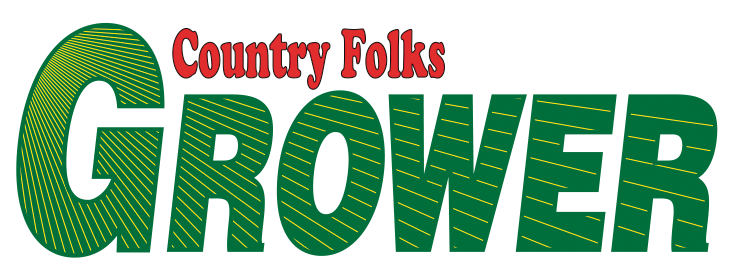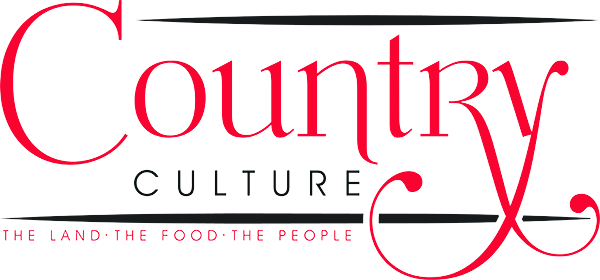Anne Ennis tells the story of her grandfather selling milk in glass bottles, door-to-door, to the local community. Since then, the Brooklyn, CT, dairy farm has undergone many changes. Today, Ennis is the sixth-generation sole operator of Kingswood Farm.
“My family has owned the farm since 1894,” said Ennis. “There isn’t as much agriculture as there used to be around here, but I think there are more farms in Connecticut than people realize.
“The farm stopped selling milk in glass bottles when my grandfather sold the cows about 60 years ago after being injured by a bull.”
But the dairy wasn’t vacant for long. When Ennis’s father was 16, he rebuilt the herd and started shipping milk on his own. Today, the herd includes 170 Ayrshires and 20 Brown Swiss.
“My father’s side of the family is Scottish,” said Ennis. “I think they started with Ayrshires because of the Scottish ancestry. They’ve always stuck with them.”
Her father and her father’s cousin Fred own the farm jointly. Ennis and her father own the Ayrshires; Fred owns the Brown Swiss.
“As a kid I always worked in the barn,” said Ennis, “but they didn’t let me show cows, so I showed horses instead. I went to Virginia Tech, majored in dairy science and minored in animal science. I graduated in 2012, came home to the farm and I’ve been here ever since.”
Ennis serves as the herdsman and handles all the cow work, from breeding to feeding and calf raising. She has help from her family, and two high school girls milk three times each week.
In an industry that often urges dairy farmers to “get big or get out,” Ennis has decided to reduce the herd size so she can continue dairy farming. A local farm will purchase some of their cows, and Ennis will help them with Ayrshire genetics. She will retain about 20 heifers that have the genetics she wants to retain and develop.
“It wasn’t easy coming up with a plan,” said Ennis. “It may not work, but I’m going to try. I have to know I did everything in my power to keep it going. It’s hard because no one wants to get up at 3 in the morning to milk cows other than me. The neighboring farm will lease our land and I’ll buy feed from them.”
The Kingswood Farm tie-stall barn holds 64 cows in the milking stalls. Another section has calving pens and additional cow stalls. Ennis plans to keep 30 to 32 milking cows, which would use about half of the barn.
“That way I can do it myself,” she said. “I’ll probably still have help so I can finish faster and do other things.”
The herd comes in from the pasture at 3:30 a.m. for milking, then returns to the pasture afterward. “They’re inside at around 10:30 or 11 for fresh feed and I monitor them individually,” said Ennis. “They’re milked again in the afternoon, then they go back outside for the night. In summer they’re inside for the day with fans.”
When cows come into the barn, Ennis has ample time to observe for heat. She does all the AI and her mom, a veterinarian, does the pregnancy checks.
“Voluntary waiting period is 60 days,” said Ennis, adding that older cows are allowed extra time. “My mom checks them and tells me when they’re ready to breed.”
The entire herd is now of Ennis’s breeding, and she’s proud of the breeding program she’s had in place for the last 12 years. “I changed the herd a little bit, with more emphasis on type,” she said. “I’m trying to improve their feet and legs to have cows that last longer. But I also want cows that milk. Making show cows isn’t my goal, but we have had a few good cows that have shown and done extremely well.”
Since Ayrshires are a relatively minor breed, sire selection is more challenging. “A lot of the same bulls are in pedigrees,” said Ennis. “Burdette (Palmyra Tristar Burdette-ET) and Reagan (Palmyra Berkely Reagan-ET) are popular bulls. It’s hard to get away from that.”
Ennis is especially proud of her homebred All-American Ayrshire Kingswood Double Barrel Sunshine, named Grand Champion Ayrshire at the 2021 Big E.
She’s open to trying bulls that not everyone else is using to diversify her genetics. One example is Kingsire (Bear-Ayr Distinct Kingsire) that’s minus in milk, yet Ennis used him because she liked his pedigree. “I’m very pleased with his daughters,” she said. “I take the data into account but it isn’t always correct.”
Milk and type are important traits for sire selection. However, Ennis chooses each bull for specific traits to pair with cows that need strengthening in those traits. She noted that Ayrshire components are excellent, usually testing at 4.5% to 4.6% fat.
While Ennis uses some sexed semen, it’s more costly and has a lower conception rate. But for the best cows, it’s worth the extra cost to get heifer calves.
“We don’t lose calves,” she said. “Every one of my pens is full because we don’t lose calves.”
To ensure optimum calf development, Ennis is the only person who feeds milk to calves. Her sister gives water and grain. Calves are raised in large, clean hutches.
“I’m very particular,” said Ennis. “If I notice if something is just a little bit off, we handle it accordingly.”
Most of the farm’s milk is sold to Agri-Mark Co-op, but several years ago, local cheesemaker Mystic Cheese Company started purchasing Ayrshire milk from Kingswood. Ennis said they are happy with Ayrshire milk for creating artisan cheeses.
“They’ve been making cheese with our milk for several years,” said Ennis. “Last year they won a national award. They’re sad that we’re going to be smaller, but it’s what I have to do.”
Ennis’s 11-year-old niece Mackenzie loves to farm too. “She shows cows with us and she’s here on the farm all the time, working and helping,” said Ennis. “She loves to be here, and she does a great job. We’re really proud of her.”




